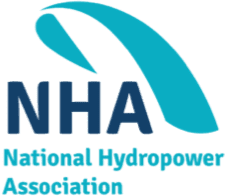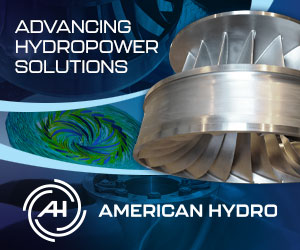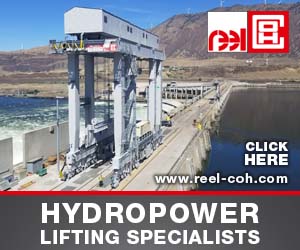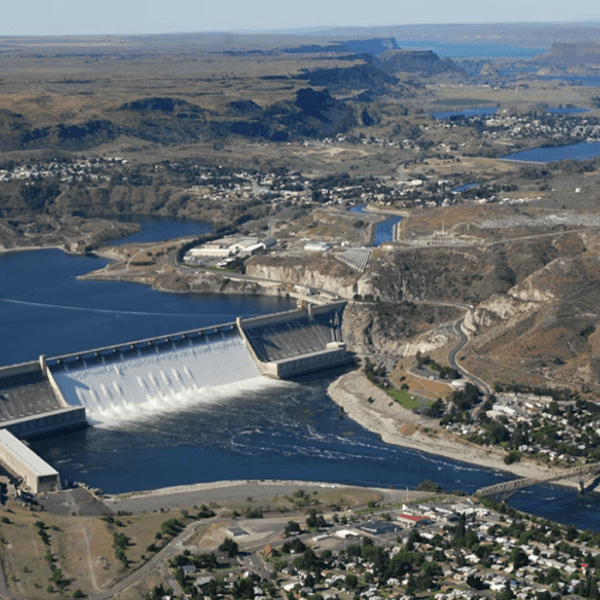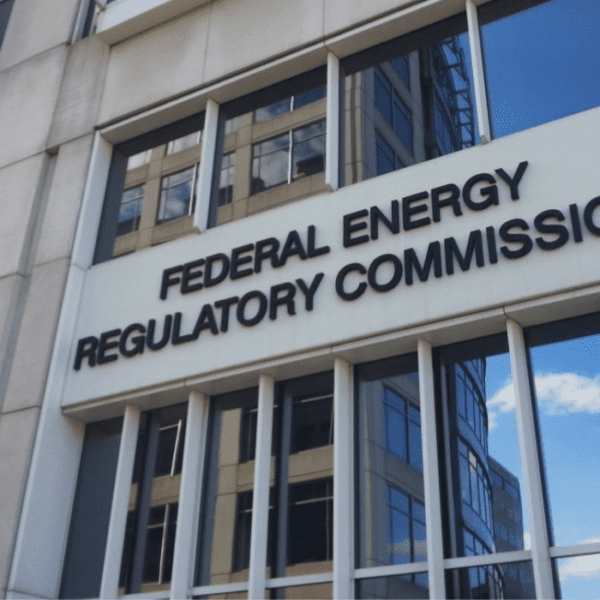The Federal Energy Regulatory Commission (FERC) is a resource–neutral regulator. That means the Federal Power Act requires them to treat all energy resources equally as they set the rules of the road for wholesale markets.
But all FERC Chairs have their priorities.
Jon Wellinghoff pushed demand response in wholesale markets, Cheryl LaFleur and Norman Bay wrestled with the tension between states policies and capacity markets. Neil Chatterjee focused on approving LNG (liquefied natural gas) infrastructure.
So naturally, the energy policy world is asking what might the new FERC Chairman Rich Glick’s priorities be? Most FERC watchers agree that Chairman Glick will try to steer the FERC ship toward addressing climate change.
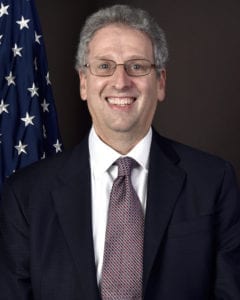
What It Means for Hydropower?
A two-year-old law journal article may provide some unique insight.
In 2019, then Commissioner Glick and his legal advisor Matt Christiansen co-authored an Energy Bar Association article entitled “FERC and Climate Change”. The 46-page article provided what amounts to a legal and policy playbook for FERC to aggressively address climate change.
While acknowledging that FERC “is not a climate regulator”, the article then lists the numerous ways that FERC’s actions impact climate. These include anything from: setting wholesale market rates; encouraging regional transmission development; ensuring that newer, cleaner technologies aren’t discriminated against; and approving energy infrastructure (like hydro projects, LNG terminals and gas pipelines).
Glick and Christiansen contend that FERC’s climate actions are rooted in the public interest determination. And there is nothing more important to the public interest than the existential threat of climate change.
As FERC makes its “multi-faceted obligation” to determine if a new hydro license or renewal is in the public interest, Glick and Christiansen suggest it should consider hydro’s significant role in addressing climate change. They write:
Hydroelectric facilities can play a potentially significant role in addressing climate change. Not only do they produce zero-emissions electricity, they are generally fully dispatchable meaning that they can help integrate variable energy resources, such as wind and solar. Pumped storage can play a particularly important role because it is capable of consuming electricity during periods of peak production and then returning that electricity to the grid when production declines or consumption increases. The potential to both generate zero-emissions electricity and to integrate other sources of zero-emissions electricity is an important aspect of any public interest determination and should bear on whether a new or renewed license is appropriate. (“FERC and Climate Change”, EBA Law Journal, 2019).
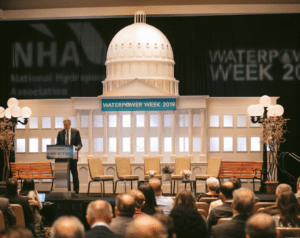
Deep Dive
How the Commission would weigh hydro’s climate benefits with its impacts on rivers in a licensing context is unclear.
- Could the Commission consider hydro’s ability to integrate other renewables?
- What about hydro’s contribution to grid reliability through essential services like primary frequency response and spinning reserves?
These issues have not been squarely addressed. But if I were a FERC–regulated project about to go through relicensing, I might want to explore these arguments.
What is more clear is that the current Chairman of FERC will be looking for ways to use existing authorities to keep the focus on climate.
Outside of licensing, Glick and Christiansen argued that FERC’s role in approving wholesale energy market products will need additional action as the grid transitions to more variable resources. They write that the clean energy transition “will affect how ancillary services are defined, offered, and procured”.
Given that hydropower’s value proposition on the grid goes well beyond megawatt–hours, a shift in focus toward rewarding reliability and flexibility could improve the economics of hydropower. Then Commissioner Glick underscored this point as he addressed the waterpower industry at the National Hydropower Association’s 2019 Waterpower Week in Washington event, saying in part:
“From a hydro perspective, of any generating resource out there, hydro provides the greatest amounts of flexibility…The problem is that the way the markets have been designed, we haven’t been looking at adequately compensating for the value that hydro and other flexible resources provide on the grid. In some cases, we aren’t providing adequate compensation.” (Glick remarks, 2019 Waterpower Week)
The Big Takeaway
One might chalk up Glick’s comments at Waterpower Week to a regulator saying nice things to a friendly audience. However, Glick’s and Christiansen’s 2019 Energy Bar Association article underscores that the clean energy transition will pose enormous challenges on the grid. And FERC is well within its legal authority to address many of these challenges, including ensuring that regional transmission organizations (RTOs) and independent system operators (ISOs) value the benefits of flexible resources like hydropower and pumped storage. And as FERC is the ‘soup–to–nuts’ regulator for hydropower, a shift toward addressing climate change could see impacts on the licensing side.
By the way, to any skeptics who question whether Chairman Glick is willing to use FERC’s authority to impact climate change, he just hired a new general counsel at the agency. It’s his legal advisor and co-author Matt Christiansen.

